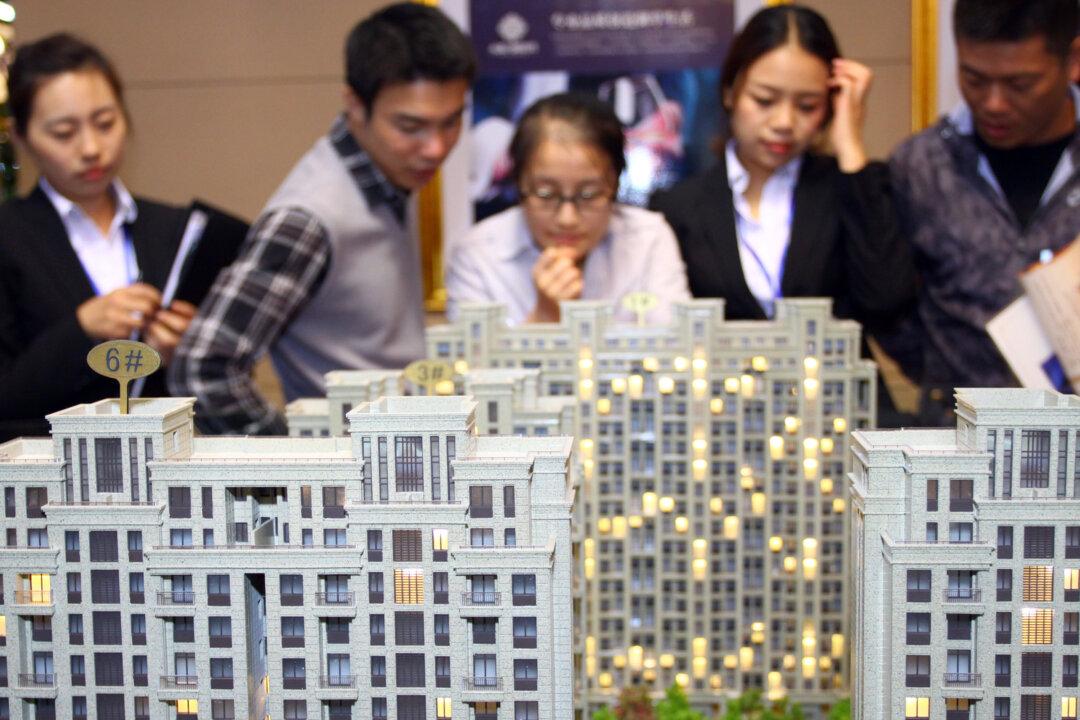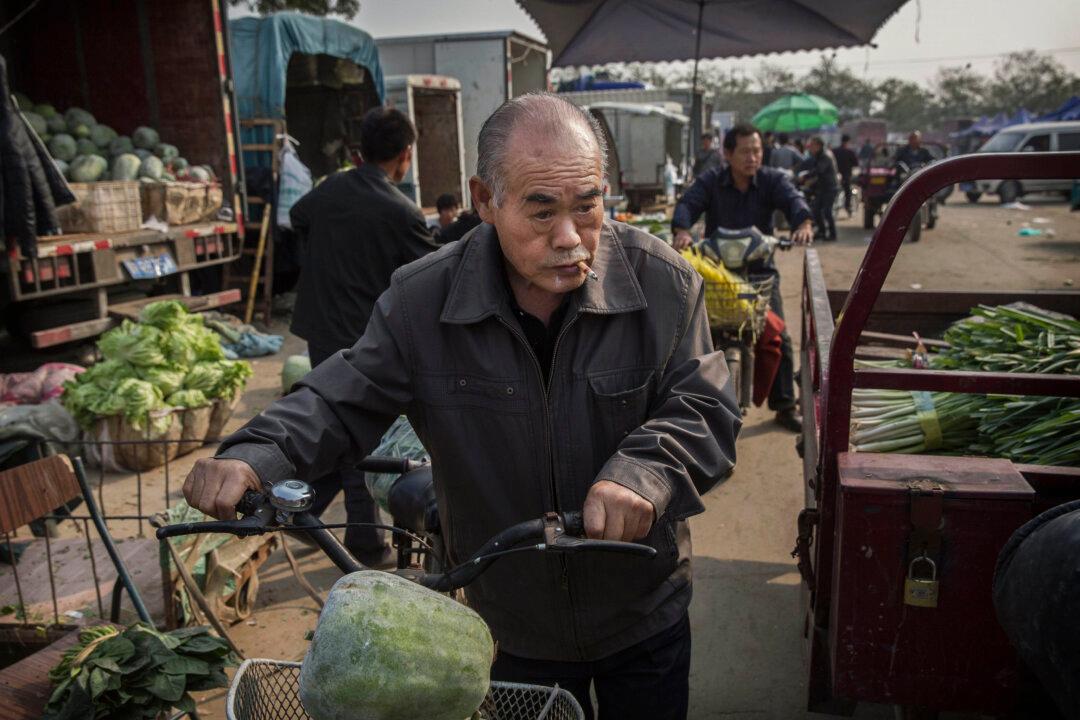When China’s richest man and its most successful real estate developer calls the country’s overheating property market “the biggest bubble in history,” it’s probably not a good sign.
But that’s exactly what Wang Jianlin, billionaire owner of Dalian Wanda Group and Communist Party insider, said in an interview with CNN last week. “The government has come up with all sorts of measures—limiting purchase or credit—but none have worked,” he told CNN.
Average new housing prices across China increased 1.3 percent in August from July, according to state data, which was the 17th consecutive monthly jump. September was also the biggest one month increase since early 2011.
The Shanghai Composite Index has declined 15 percent since Jan. 1. If the trend continues, 2016 would be the biggest drop in five years. But volume on the exchange is also down—to the lowest level in two years—signaling that investors are pouring their money elsewhere after the scare of last year’s market crash.
In 2016, China’s property sector has been the biggest beneficiary.
At a macro level, Chinese retail investors are akin to children at a soccer match; they'll simply swarm to where the action is. And over the last several years, the action mostly seesawed between equities and real estate, with an occasional interest in commodities.
Real estate is the hot market right now, to the point where experts—inside and outside China—are sounding the alarm.
Ma Jun, chief economist at the People’s Bank of China’s research arm, recently called the property market a bubble in an interview earlier this month with Yicai.com.
People’s Daily, the Chinese Communist regime’s mouthpiece, published an editorial last week expressing deep concern about the frothing property market. “Looking at the current average price [of real estate] and personal income in Shenzhen, it would take an average person more than 1,200 months—that is, 100 years—of not eating or drinking to afford a 90 square-meter house,” wrote investor Tang Jun, regarding the unaffordability of Shenzhen real estate.
“China has become an economic power, but the real estate market is a landmine, and the most frightening is that no one knows when it will detonate.”
Dangerous Business Model
Low interest rates mean that even cash-strapped developers can leverage up by way of the relatively cheap onshore bond market. And property developers have been aggressive, putting little thought into their land purchases.
Economists at Deutsche Bank AG pointed out that a “clear sign of a bubble” rests in the fact that land auction prices have become so inflated that the business models of new developments only make economic sense if property prices keep rising at today’s pace.
It’s a line of thinking prevalent amongst investors before the U.S. mortgage crisis a decade ago, where lenders disregarded risks of default or foreclosure by assuming the ever-rising housing prices would cover any losses.






